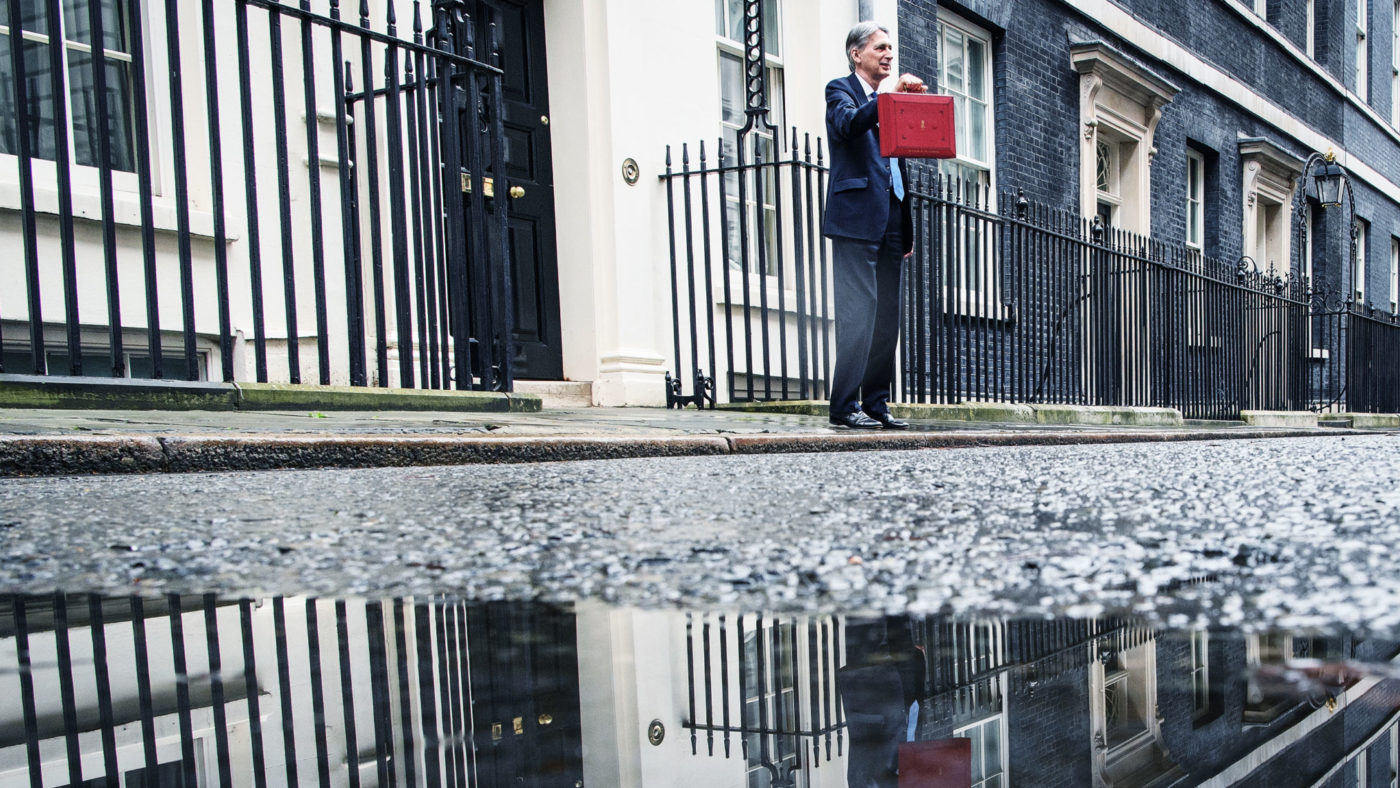Somewhere deep in the recycling bins of Westminster lurks a Conservative media planning grid from a different world. There, pencilled in for a now unimaginable future, you might find proposals to exploit the Brexit impasse and take back control of the economic narrative.
Alas, like most well-laid plans, such intentions now lie in tatters, torn apart by Westminster’s sex and power crisis. Nevertheless, the Prime Minister can ill afford to leave dealing with Britain’s economic malaise to a rainy day that may never come. For, as it stands, her Government is on track to achieve something truly remarkable: lose a general election to the far left of the Labour Party because of the state of the economy.
It is not hard to imagine how this could happen. After the referendum, London-based journalists travelled en masse to deindustrialised corners of Britain to file hand-wringing dispatches on the social condition of “Brexitland”. Indeed, CapX’s Oliver Wiseman provided one of the very finest such examples from Ebbw Vale in the Welsh Valleys, albeit a year later during the general election. The question raised was what optimistic future can such communities really expect in a globalised economy? Or for the political class: how can we create wealth in a way that offers Ebbw Vale dignity and security?
Fast forward to 2022 and let us assume – and this is by no means a reasonable assumption – that Brexit has been delivered smoothly. The “Mauritania option” of trading on WTO terms has been avoided, John Redwood has not sent British hauliers into the sea, and the country, or at least its economy, has come to terms with the rupture. Brexit is revealed to Britain’s polarised body politic as an economic chimera. Nothing much has changed. Still the Ebbw Vale question persists. Do we imagine these communities will be happy?
Jeremy Corbyn’s has his backwards to the past “answer”. In these turbulent times, the staleness of his argument is not an insurmountable electoral hurdle. For all his shortcomings, he offers Britain the politically powerful elixir of change. Besides which, it isn’t just pockets of the Right for whom (with apologies to L.P. Hartley) “the past is a foreign country: they do things better there.”
More importantly, the state of the British economy, even without an overdue “black swan” catastrophe, is genuinely parlous. Following his three immediate predecessors, Philip Hammond has so far eschewed the traditional pre-budget tipple on the floor of the House of Commons. But given the task he faces, one could forgive him if he sought out the bottle before opening his ministerial red box in two weeks.
Productivity remains flat – the longest stagnation since the 19th century. Regional inequality is worse than anywhere else in the OECD and getting worse. Household debt is close to its 2008 record. Child Poverty could reach 37 per cent by 2022. And only here in Britain has a developed world country surpassed its pre-crisis output levels while also sending real wages in the wrong direction.
It is this unenviable record that provides the backdrop to a politically defining budget. The Government needs an answer to the Ebbw Vale question and it needs one fast. But as Nick Timothy seems to have discovered, such answers usually cost money. For this reason the Chancellor should take that stiff drink. And then swiftly junk austerity.
Of course this advice will not please everyone. But those who doubt its wisdom should read the damning analysis of international capital formation published last week by the ONS. Britain, it turns out, boasts both the lowest level of private investment in the G7 and the second lowest levels of Government investment. The crowding out hypothesis simply has not worked. Our economy is going backwards and requires an injection of “animal spirits”. And with monetary policy now tightening, it can only come from the Treasury.
The political hurdles are more challenging. After all, it is no great secret that the Chancellor is under pressure and his backbenchers are not known for their Keynesian sympathies. Yet the pork-barrel appeal of voter-pleasing goodies should never be underestimated. Moreover, his colleagues are desperate to make a success of Brexit. He may have been forced to spend public money on no deal contingency planning. But a credible plan to pick Britain off the bottom rung of the European economic league table? That really would be priceless for the negotiations.
It is time for the Chancellor’s fiscal rules to join those other well-intentioned plans in the recycling bin. Brexit demands more flexibility and the Ebbw Vale question more urgency. Between expansionary economics and nationalising the commanding heights, a new economic centre-ground awaits him. He has no choice but to take it.


